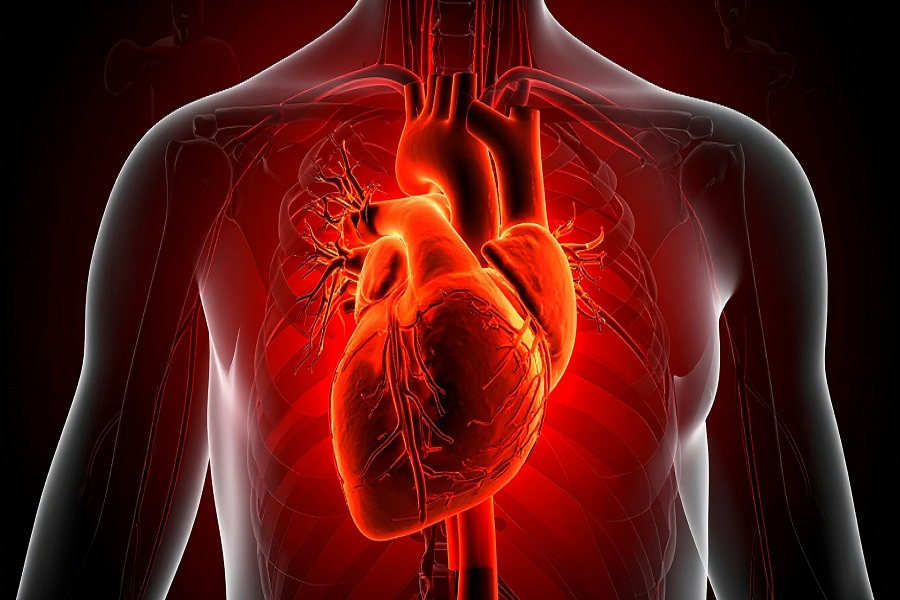``The Benefits of a Plant-Based Diet: Nourishing Your Body with Whole Foods``

Introduction:
The shift towards plant-based diets has gained significant traction over the past few years, with more people embracing whole foods and plant-based alternatives for better health. A plant-based diet focuses on foods derived from plants, including vegetables, fruits, grains, legumes, nuts, and seeds. It excludes or minimizes animal products, offering a range of potential benefits for both the body and the planet.
In this article, we'll explore the many advantages of a plant-based diet, from improved heart health to better weight management and disease prevention, and offer tips on how to make the transition with ease.
1. Promotes Heart Health
One of the most widely recognized benefits of a plant-based diet is its ability to support heart health. A diet rich in whole grains, fruits, and vegetables provides an abundance of antioxidants, vitamins, and fiber, all of which contribute to cardiovascular well-being. Research shows that plant-based diets are linked to lower cholesterol levels, reduced blood pressure, and a lower risk of heart disease.
Plant-based foods, particularly those high in fiber, like oats, beans, and leafy greens, help to lower bad cholesterol (LDL) levels, while nuts and seeds provide healthy fats that support heart function. Additionally, the anti-inflammatory properties of plant foods can reduce the risk of heart attacks and strokes.
2. Supports Weight Loss and Management
Plant-based diets are typically lower in calories and unhealthy fats compared to traditional diets that rely heavily on animal products. Whole plant foods are nutrient-dense and provide long-lasting energy without causing the blood sugar spikes associated with processed foods. This makes it easier to maintain a healthy weight and prevent weight-related diseases.
High-fiber foods like legumes, whole grains, and vegetables are particularly beneficial in weight management. They help keep you full longer, reducing the tendency to overeat and encouraging healthier food choices.
3. Reduces the Risk of Chronic Diseases
A plant-based diet has been linked to a reduced risk of several chronic diseases, including type 2 diabetes, cancer, and obesity. A study by the American Cancer Society found that people who follow plant-based diets have a significantly lower risk of developing various types of cancer, including breast, prostate, and colorectal cancers.
Additionally, plant-based foods can improve insulin sensitivity, which is particularly beneficial for individuals with or at risk of type 2 diabetes. The high antioxidant content of plant foods helps reduce oxidative stress and inflammation, both of which are key factors in chronic disease development.
4. Improves Digestion
Plant-based diets are rich in dietary fiber, which plays a crucial role in promoting healthy digestion. Fiber helps regulate bowel movements, prevent constipation, and support the growth of beneficial gut bacteria. By maintaining a healthy gut microbiome, plant-based foods contribute to better digestion and overall gut health.
A balanced diet filled with fruits, vegetables, legumes, and whole grains provides the nutrients needed to keep your digestive system functioning optimally. Foods like bananas, sweet potatoes, and leafy greens are excellent sources of fiber that can keep your gut happy.
5. Boosts Mental Health and Mood
The impact of diet on mental health is a growing area of research, with many studies suggesting that plant-based diets can help improve mood and mental clarity. Certain plant foods are rich in nutrients like magnesium, B vitamins, and antioxidants, all of which support brain function and emotional well-being.
Foods like spinach, walnuts, and berries are known to enhance cognitive function, while foods rich in omega-3 fatty acids, like flaxseeds and chia seeds, can help reduce symptoms of depression and anxiety. By nourishing your body with these nutrients, a plant-based diet can help improve overall mental health.
6. Improves Skin Health
Many individuals who adopt a plant-based diet report improvements in their skin health. This may be due to the high intake of vitamins, minerals, and antioxidants found in plant foods, which protect the skin from oxidative stress and premature aging.
Foods like tomatoes, avocado, carrots, and green tea are rich in antioxidants that protect the skin from environmental damage. Additionally, the anti-inflammatory properties of plant-based diets can reduce acne and other skin conditions by preventing flare-ups.
7. Supports Environmental Sustainability
In addition to personal health benefits, a plant-based diet also has a positive impact on the environment. Animal agriculture is a major contributor to greenhouse gas emissions, deforestation, and water pollution. By choosing plant-based foods, individuals can help reduce their carbon footprint and conserve natural resources.
Opting for a plant-based diet not only benefits your health but also supports sustainable food systems and reduces the environmental damage caused by animal farming.
How to Transition to a Plant-Based Diet:
Start Slowly: Begin by incorporating more plant-based meals into your diet, gradually replacing animal-based products with plant-based alternatives like tofu, tempeh, and legumes.
Explore New Recipes: Experiment with new plant-based recipes to keep your meals exciting and flavorful.
Plan Your Meals: A little meal planning can help ensure you're getting all the essential nutrients. Focus on a variety of whole foods, including vegetables, grains, legumes, nuts, and seeds.
Consult a Nutritionist: If you're unsure about meeting all your nutritional needs, consider consulting a nutritionist to help you create a balanced plant-based meal plan.
Conclusion:
Adopting a plant-based diet offers numerous health benefits, from improved heart health to better digestion and enhanced mental well-being. By nourishing your body with whole, plant-based foods, you can support your overall health while contributing to a healthier planet. Whether you're making the full transition to a plant-based lifestyle or simply incorporating more plant-based meals into your routine, your body and the environment will thank you.
























